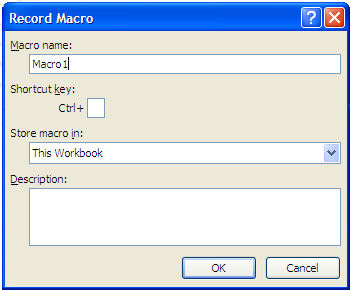

An iterative process helps ensure that your conceptual model is more closely aligned to what is actually being created than if the entire macro was written without this constant feedback.
#Best square macro definition code#
Because macro programming requires the programmer to think about multiple levels of code executed at multiple points in time, the complexity issues scale more rapidly than other types of programming. The necessity of this iterative process for macro construction is partly because this is the most efficient programming style in general and partly because programming macros is more complicated than other types of programming. If the rough implementation isn't flexible enough, or results in inefficient or dangerous expansions, the professional macro programmer will slightly modify the macro, adding features or removing bugs until it satisfies all requirements. After starting with an idea, a rough implementation can be created from which the ultimate macro will emerge, like a sculpture from a block of stone. The construction of a macro is an iterative process: all complex macros come from simpler macros. Lisp has assisted a number of our most gifted fellow humans in thinking previously impossible thoughts.


Let Over Lambda Let Over Lambda-50 Years of Lisp by Doug Hoyte


 0 kommentar(er)
0 kommentar(er)
